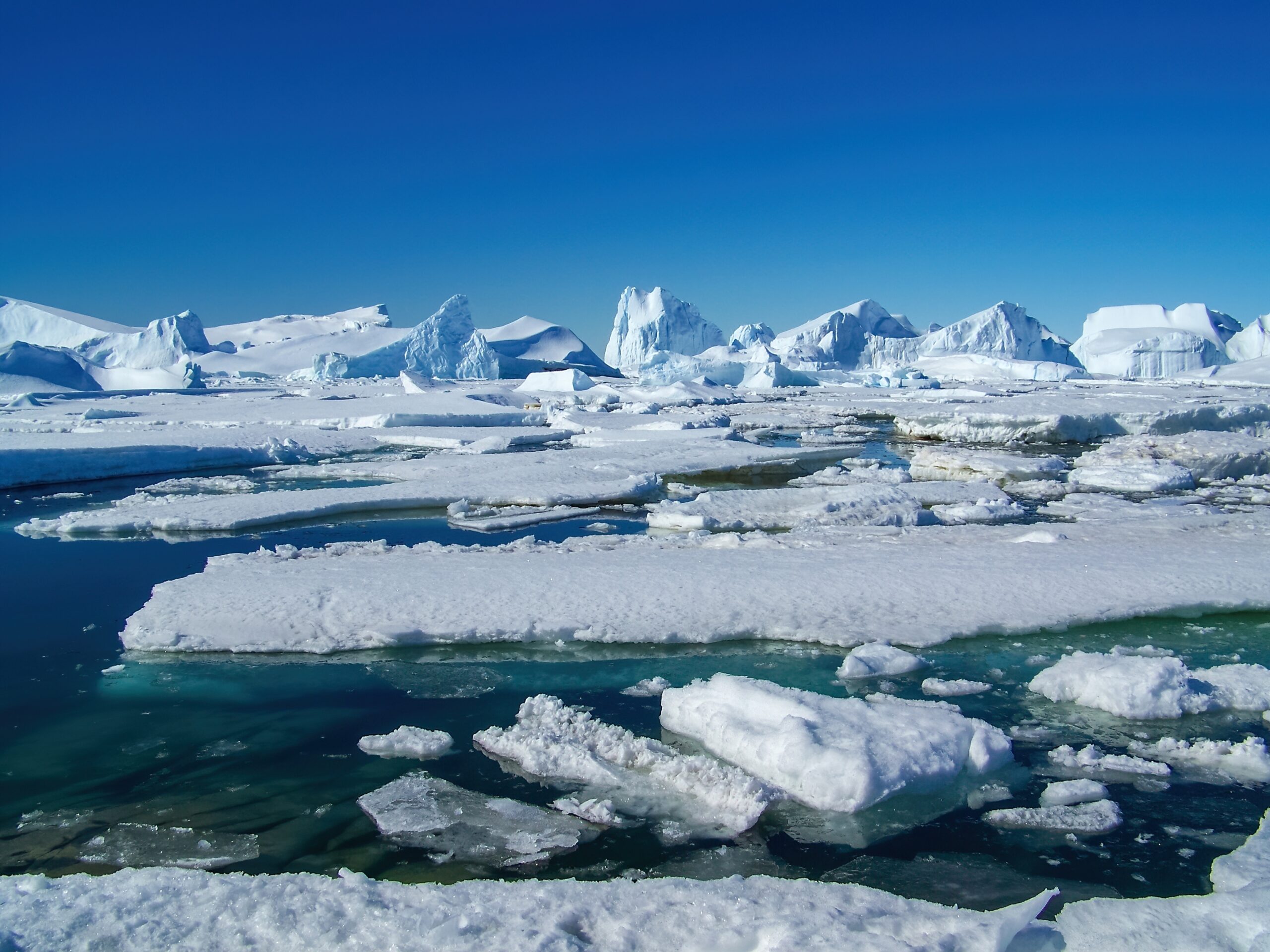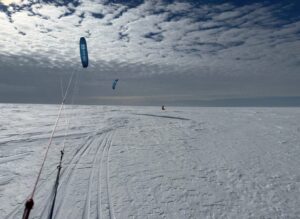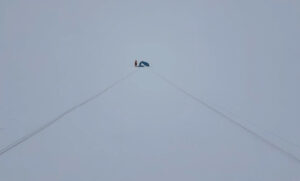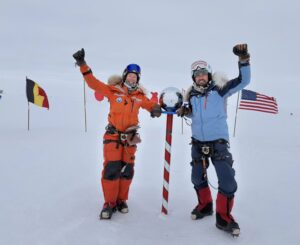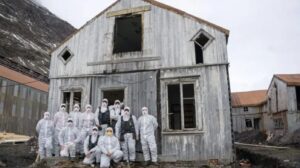It may not sound like what most of us would call a heat wave, but temperatures of -25˚C to -30˚C are alarmingly balmy for midwinter Antarctica. Temperatures since mid-July on the planet’s coldest continent are up to 28°C (50°F) higher than normal.
A changing Antarctica?
The heat wave may continue until mid-August and follows another significant temperature spike in March 2022. The 2022 heat wave caused temperatures to rise over 20°C above average. However, it was briefer and not as widespread.
An unusual combination of atmospheric conditions has extended the unseasonal heat. According to Amy Butler, a physicist at NOAA’s Chemical Sciences Laboratory, the southern polar vortex (an area of cold rotating air over Antarctica) has become disrupted. As a result, cold air is flowing away from the continent, leaving room for warmer air to enter.
“The polar vortex disruption began in the second half of July and could continue through the first half of August, perhaps peaking in intensity in about a week,” Butler told CNN.
Ominous signs
Climate change and this relatively warm winter will accelerate ice melt in Antarctica.
The Thwaites Glacier, also called the Doomsday Glacier, continues to melt at an unprecedented rate. Since 2020, the Thwaites has lost over a trillion tonnes of ice and accounts for four percent of global sea level rise. If it melted completely, the sea would rise by almost three meters globally.
The Thwaites is in West Antarctica, and most climactic studies have focused on this region, where rapid melting of the ice sheets may now be unavoidable, according to a 2023 study published in Nature. But the current heat wave is in East Antarctica, demonstrating that climate change affects the entire continent.
For perspective, when three of Robert Scott’s men hauled sleds for 200km through midwinter Antarctica in 1911, they considered temperatures in the -50s a mild spell.
